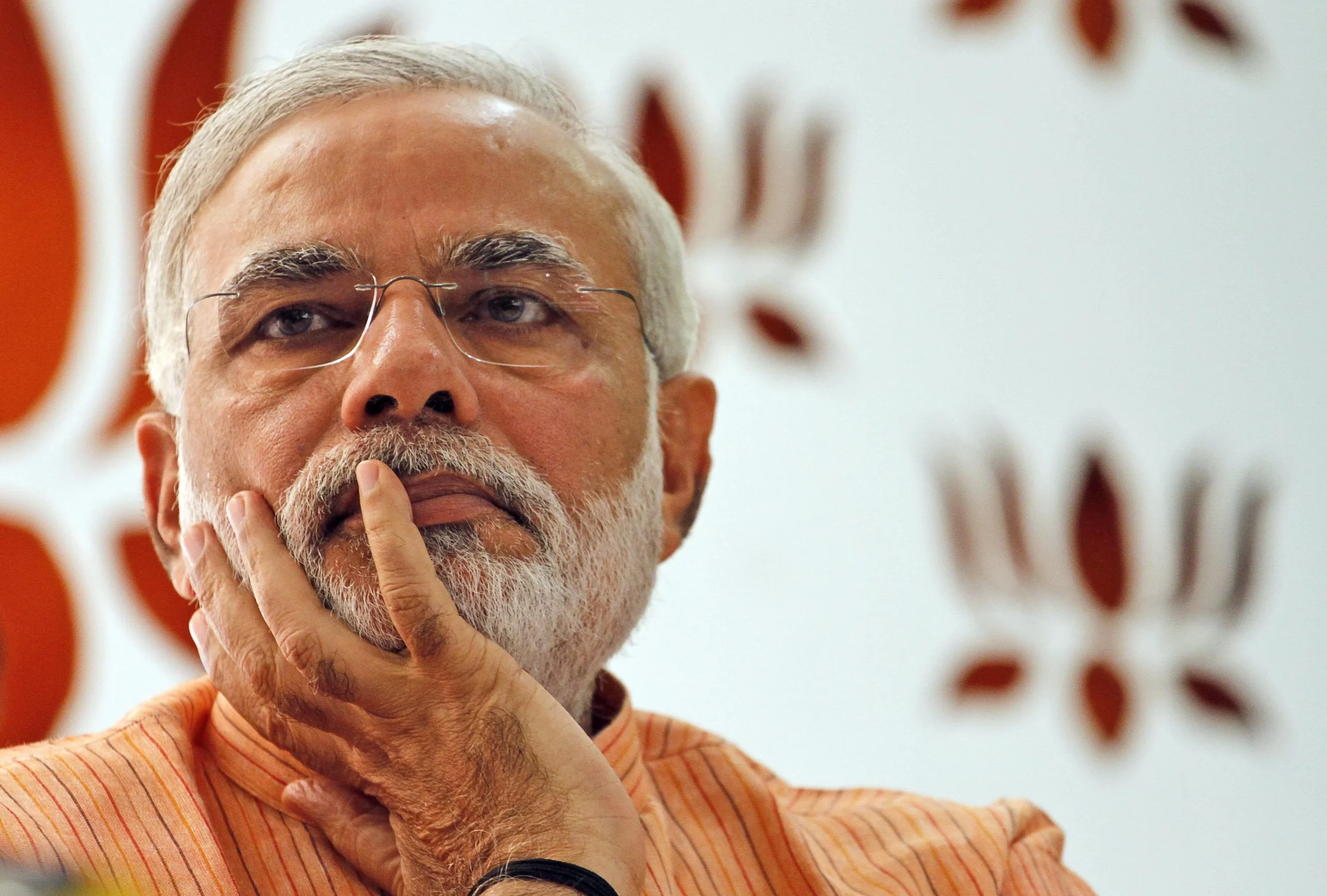Narendra Modi’s ascent as Prime Minister has shifted India’s politics, bringing Hindu nationalism from the margins to the mainstream.
Initially joining the Rashtriya Swayamsevak Sangh (RSS), a right-wing, volunteer Hindu nationalist organization, as a teenager, Modi was deeply influenced by its ideology.
The RSS, founded nearly a century ago, envisions India as a primarily Hindu nation, starkly opposing Mahatma Gandhi’s Hindu-Muslim unity ideals.
This ideology indirectly led to Gandhi’s assassination by a former RSS member in 1948.
Since Modi assumed office, India has gained significant global stature, becoming the world’s fifth-largest economy.
His tenure has seen increased sectarian violence, notably against Muslims, and a significant decline in democratic practices like press freedom and judicial independence.

These issues highlight growing concerns about the erosion of democratic norms under his leadership.
Modi’s government has frequently blurred the distinction between religion and state, adopting policies that mirror RSS objectives.
Notable among these policies is the revocation of Kashmir’s special status. Another is the introduction of a citizenship law that has faced criticism for excluding Muslim migrants.
Modi’s Influence and the Rise of Hindu Nationalism
Despite these controversies, Modi remains a formidable force in Indian politics. At 73, he is seeking a third term, leading a campaign against a divided opposition.
His party, the Bharatiya Janata Party (BJP), enjoys robust support from Hindu voters, who constitute 80% of the population.
His governance has not only focused on promoting Hindu nationalist values but also on economic growth and social welfare, aiming to reduce poverty and unemployment.
Modi’s narrative of transforming India into a developed nation by 2047 has struck a chord with many citizens, transcending traditional right-wing nationalism.
This vision, coupled with his record of development in Gujarat, often referred to as the “Gujarat Model,” continues to appeal to a broad swath of the electorate.
His political ascent from an RSS volunteer to a prime ministerial powerhouse exemplifies a profound ideological commitment.
This commitment has significantly shaped India’s current era under his influential and polarizing leadership.

